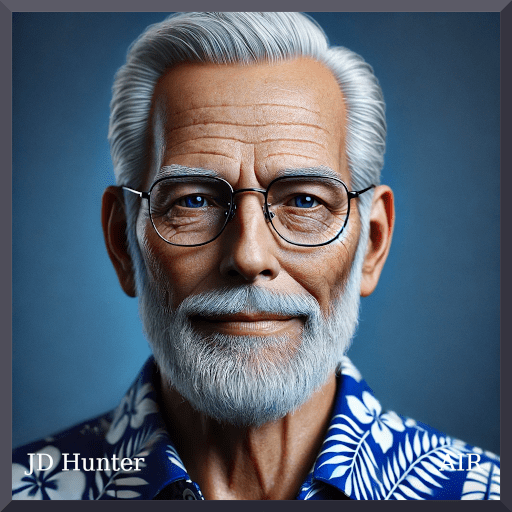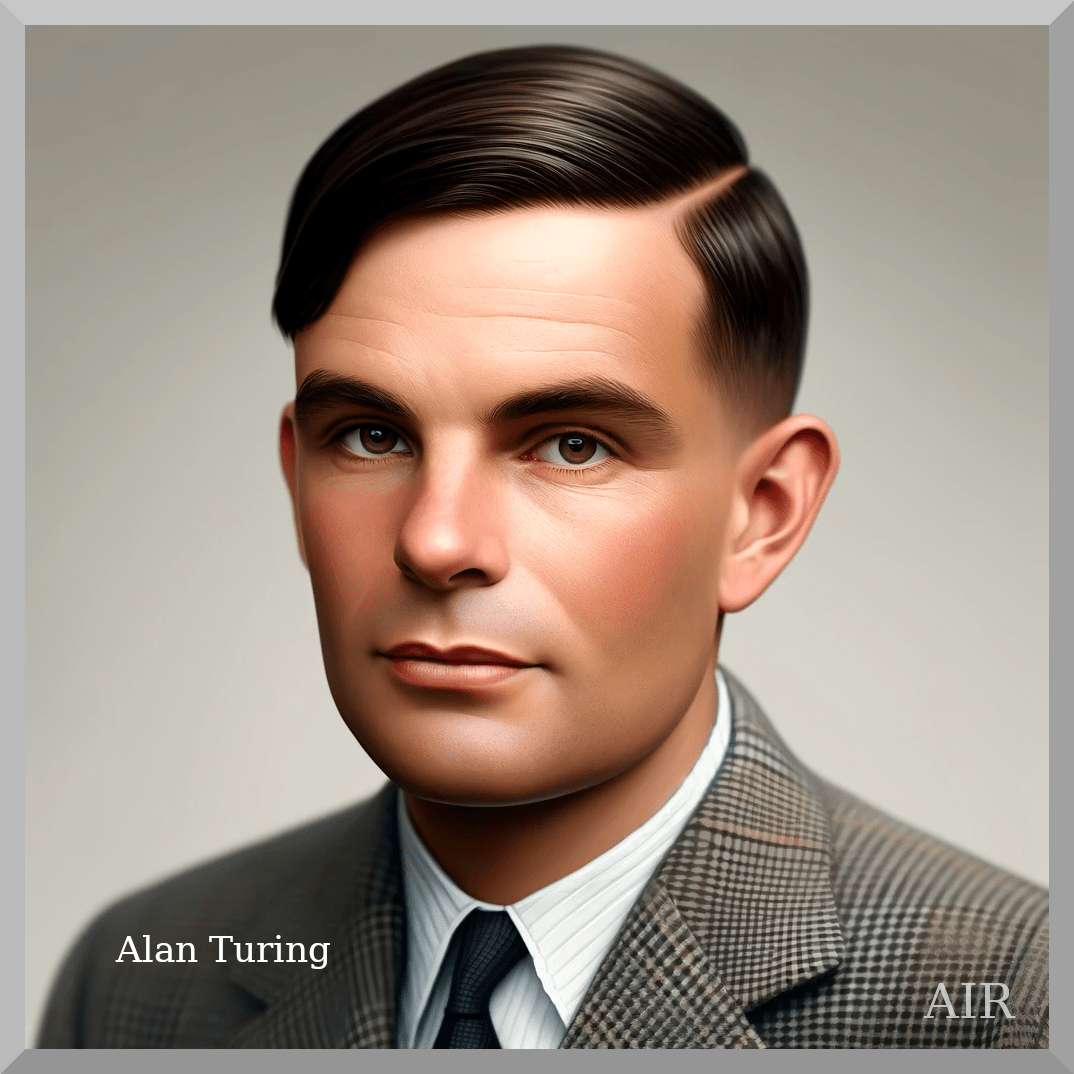Alan Turing, a pioneering computer scientist and mathematician, is often considered the father of modern computing. Born on June 23, 1912, in London, England, Turing’s groundbreaking work during World War II, particularly his development of the Turing Machine and his pivotal role in breaking the German Enigma code, significantly contributed to the Allied victory and laid the foundation for computer science.
Turing’s vision extended far beyond the confines of his era. His conceptualization of a universal machine that could simulate any algorithmic process is the bedrock of today’s computers. This concept, known as the Turing Machine, established the principles of computability and has influenced the design of nearly all modern computers. The idea that a machine could perform any task if it could be described algorithmically was revolutionary and remains central to computer science and artificial intelligence.
Turing’s work at Bletchley Park, where he led efforts to crack the Enigma code, showcased his extraordinary problem-solving skills and his ability to apply theoretical knowledge to practical challenges. This achievement not only contributed to shortening World War II but also demonstrated the immense potential of computational methods to solve complex problems.
After the war, Turing continued to innovate. His work on the Automatic Computing Engine (ACE) was among the first designs for a stored-program computer. This laid the groundwork for the development of modern computers, capable of storing instructions and executing programs, thus transforming theoretical concepts into practical, working machines.
One of Turing’s most enduring contributions is his pioneering work in artificial intelligence. In his seminal 1950 paper, “Computing Machinery and Intelligence,” Turing posed the question, “Can machines think?” He proposed the Turing Test as a criterion for machine intelligence, suggesting that a machine could be considered intelligent if it could exhibit behavior indistinguishable from that of a human. This test remains a fundamental concept in AI research and a benchmark for evaluating the progress of intelligent systems.
Turing’s legacy extends into every aspect of modern life. From the smartphones in our pockets to the algorithms that power search engines and the AI systems that assist in medical diagnosis, Turing’s foundational ideas underpin the technologies we rely on daily. His work has enabled the development of machine learning, natural language processing, and various AI applications that enhance productivity, improve healthcare, and facilitate communication.
In addition to his technical achievements, Turing’s dedication to scientific inquiry and his ability to envision the future of computing inspire generations of researchers and engineers. His contributions to science continue to drive innovation, reminding us of the power of intellect, creativity, and perseverance.
Alan Turing’s brilliance, resilience, and contributions to science have left an indelible mark on the world. His work not only shaped the field of computer science but also laid the groundwork for the AI technologies that are transforming our lives today. Turing’s legacy is a testament to the enduring impact of visionary thinkers who challenge the boundaries of what is possible.
Alan Turing died on June 7, 1954, in Wilmslow, Cheshire, England. Turing’s untimely death at the age of 41 was a great loss to the scientific community, but his legacy endures, inspiring continued advancements in computing and artificial intelligence.


